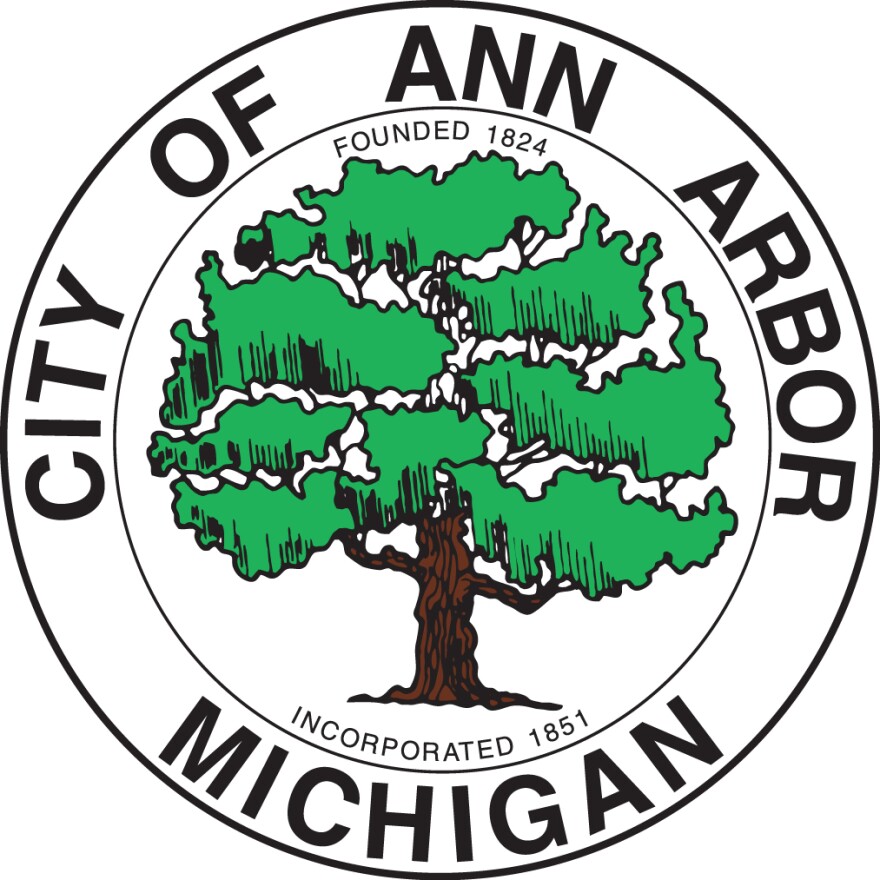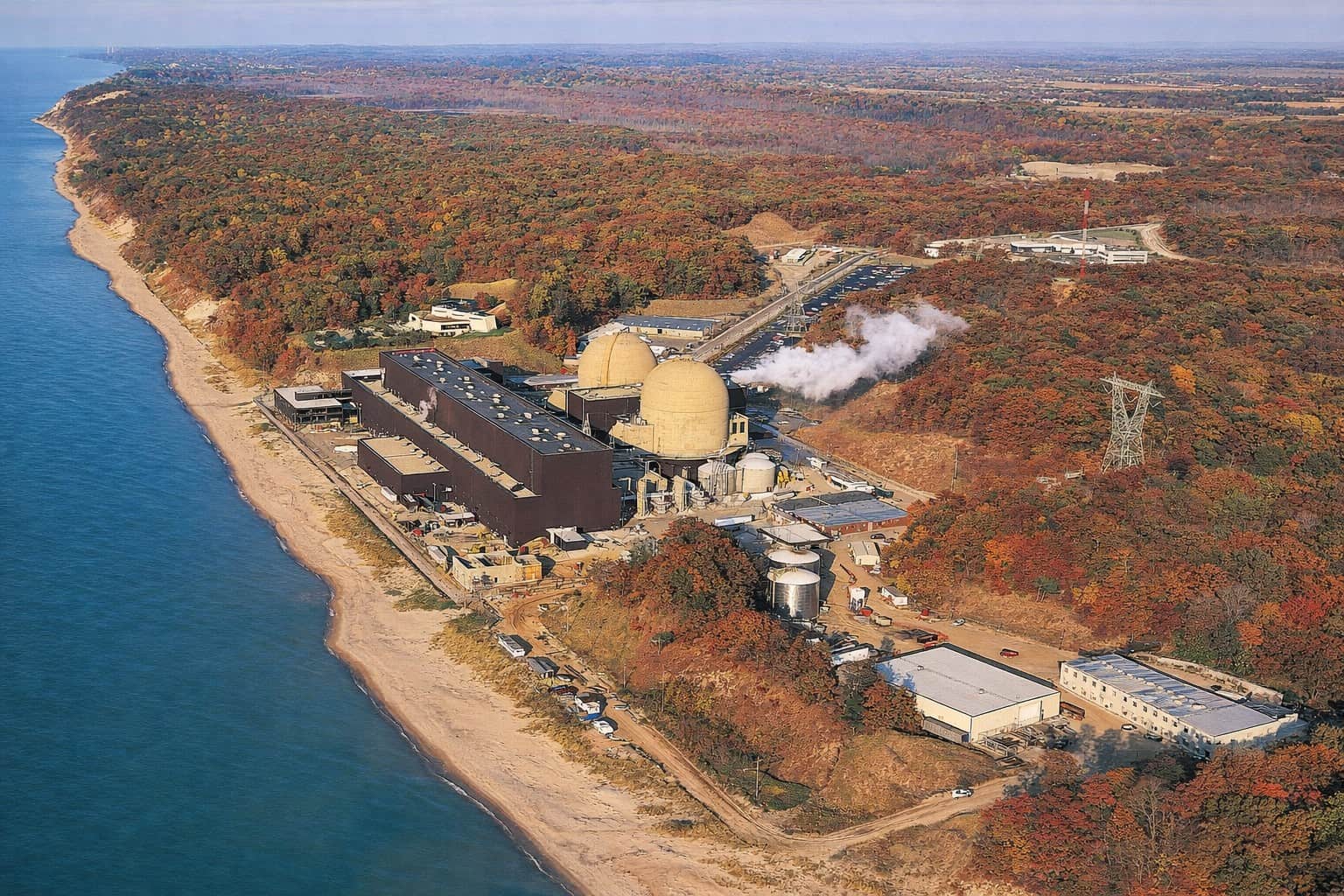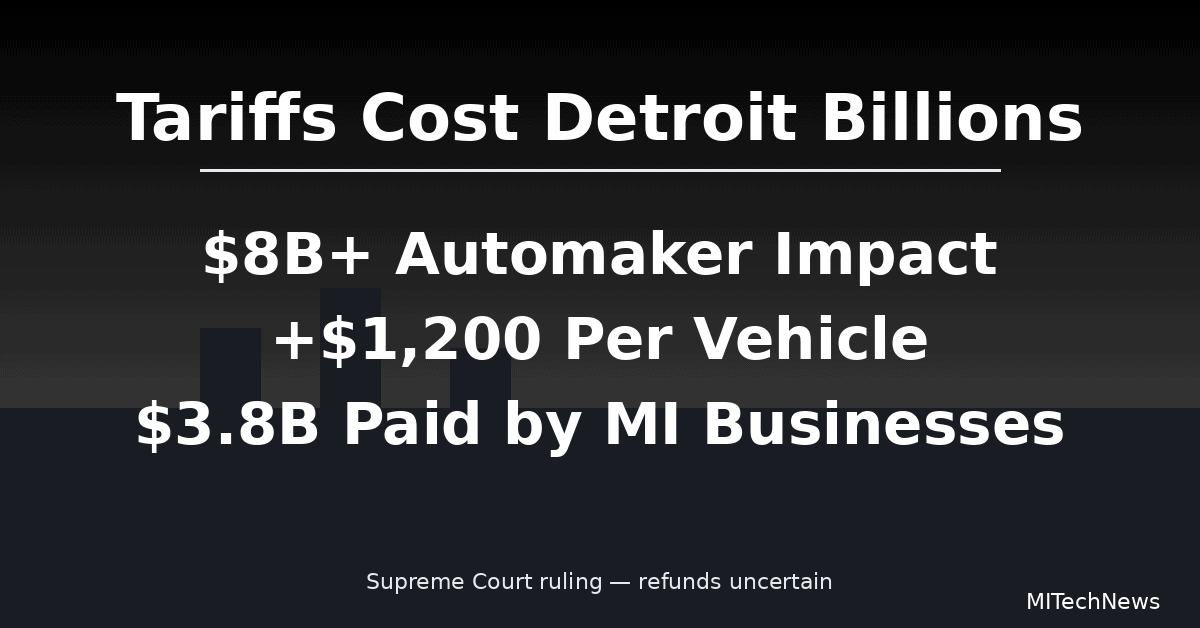Lucid Motors made it a point to go above and beyond the industry standard when it released the Air, its first vehicle. With a range of over 500 miles, the Air was a strong statement from the EV maker. It entered the electric luxury sedan market late, but its range alone showed that it was a serious contender.
While the Lucid Air is not selling as strongly as its rivals like the Porsche Taycan and the Tesla Model S, the luxury electric vehicle maker is nonetheless optimistic about its potential. Just recently, Lucid and Aston Martin signed a deal that would see the American automaker supply powertrain components to the British sports car company. The Lucid Air also continues to earn accolades, including the 2023 World Car Luxury Car of the Year award.
When Tesla announced that it would be opening up its charging standard to the industry, it highlighted that the NACS is half the size and twice as powerful as the Combined Charging System (CCS), which is used in vehicles like the Lucid Air.
“Really, what is the difference between those two (NACS and CCS)? We’re talking about a plastic plug here. That’s the difference. It’s a plastic plug with some copper in it. What actually supports that plastic plug in terms of the infrastructure and what it’s connected to is very relevant to the US consumer and a very important topic for the growth of the EV in terms of its value to the American people.
“I think it’s very important that when we look at US taxpayers’ money here, and how it is put to best effect, that it should be placed into a charging infrastructure that is future proof. And that means an ultra-high voltage charging standard. A thousand volts. That is the future for EVs. And really, it doesn’t really matter whether that plug, the way that high voltage enters the car, whether it’s through an NACS or CCS plug — that’s almost beside the point here — what’s really important is that we go for this efficient, high-voltage, high-power charging,” Rawlinson said.
By adopting the NACS, carmakers could gain access to Tesla’s expansive Supercharger Network without any adapters. This immediately gives owners of compatible electric cars the capability to travel long distances all over the United States. This was a reason why some of the US automotive industry’s biggest players, such as Ford and General Motors, as well as its most promising new players, like Rivian, opted to adopt the Tesla NACS.
With this in mind, it would be interesting to see how the Lucid CEO’s stance would stand the test of time. The next few years would likely be very interesting for the US EV market as more and more vehicles adopt the North American Charging Standard by default. If Lucid were to hold off on adopting the NACS, the company’s luxury electric cars could risk being the odd one out.
More at Testalati







